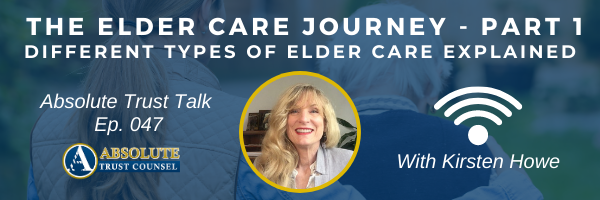Celebrities are very influential in life. They can also be very prominent in death when their estate plans draw public scrutiny and criticism. Just because someone is rich and famous doesn’t mean they have executed the ‘perfect’ estate plan. More often than not, their estate plans are imperfect and wind up in prolonged litigation.
Here are some lessons from recent deaths of some high profile public figures.
Joan Rivers. The comedienne’s death in Manhattan made headlines due to the unfortunate circumstances surrounding her death in a medical lawsuit. She had a will from 2011 that indicated that she was a resident of New York and that New York law should apply to her estate administration. Her primary domicile, however, was in California. The state she lived in makes a difference. California has no estate taxes but New York does if the estate is sizable enough. The lesson here? Always ensure that your estate documents make it clear about where your domicile is for estate administration purposes.
James Gadolfini. After his unfortunate sudden death at age 51, it was revealed that he had a will but not a trust, hence the affairs of his $70 million estate become public in probate. Apparently he had questionable tax planning since it became public knowledge that $30 million had to be paid in taxes.
Philip Seymour Hoffman. The late actor had a trust where he directed that his son be raised in Manhattan, Chicago or San Francisco or his son must visit those cities at least twice a year to be exposed to culture. The message: one can be creative in a trust with certain kinds of specific instructions. Trusts are not ‘one size fits all’ merely to dispense assets.
Heath Ledger. The Oscar winning actor had a will that left everything to his parents and sisters even though he had a daughter after the will was written and before he died. A lawsuit brewed but a settlement took place with everything going to his daughter. The lesson: wills and trusts should be updated regularly, particularly after life events such as the birth of a child or a divorce.
James Brown. The famous singer’s estate was embroiled in controversy because the State of South Carolina, after a challenge from his children, intervened to give assets to people Brown has specifically disinherited. Brown stated in his will that the bulk of his assets go to charity – especially poor kids in South Carolina and Georgia. The State’s Supreme Court upheld Brown’s original intent. The lesson: his will was not entirely clear and the trustees for his trust may not have had Brown’s best interests in mind. Estate documents should always be as clear as possible and much thought should be given to trustee choices.
Tom Clancy. This best-selling author left his estate to his wife and four children from a previous marriage. Apparently, however, it was not clear if estate taxes were to come from his wife’s share or the children’s share. His wife challenged the executor on this. The message: every detail of an estate plan, such as how estate taxes are to be paid, should be contemplated.
Lou Reed: This pop singer left an estate of over $30 million. However, his primary estate document was a will and not a trust. Thus, his wishes were public and everyone could see how much was in the estate and what was left to his wife and sister. With a trust all of his assets and distributions would have been private. The lesson: A trust is a private document. A will is not if it is probated.
Leona Hemsley. This New York Hotel Magnate had an estate of $4-5 billion and left $12 million to her dog. The lesson was not so much her pet trust, but the fact that the instructions in her will were vague so it was not entirely clear as to what her total distribution plan was. The message: it is always best to have very detailed, very specific instructions in your estate plan so there is no ambiguity.
Anna Nicole Smith. This 26-year-old model and actress married 89-year-old billionaire, J. Howard Marshal. When Marshall died he left his $1.6 billion estate to his son. Smith challenged the will saying Marshall had promised her $300 million. She did not prevail. The lesson: if a beneficiary is not in a valid estate plan, it makes it very difficult for the would-be beneficiary to contest. Any and all beneficiaries should be included in the estate plan. Intent needs to be followed by creating specific written provisions.
To avoid some of the above miscues, consult with a family and/or estate-planning attorney often to map your best estate plan scenario.

